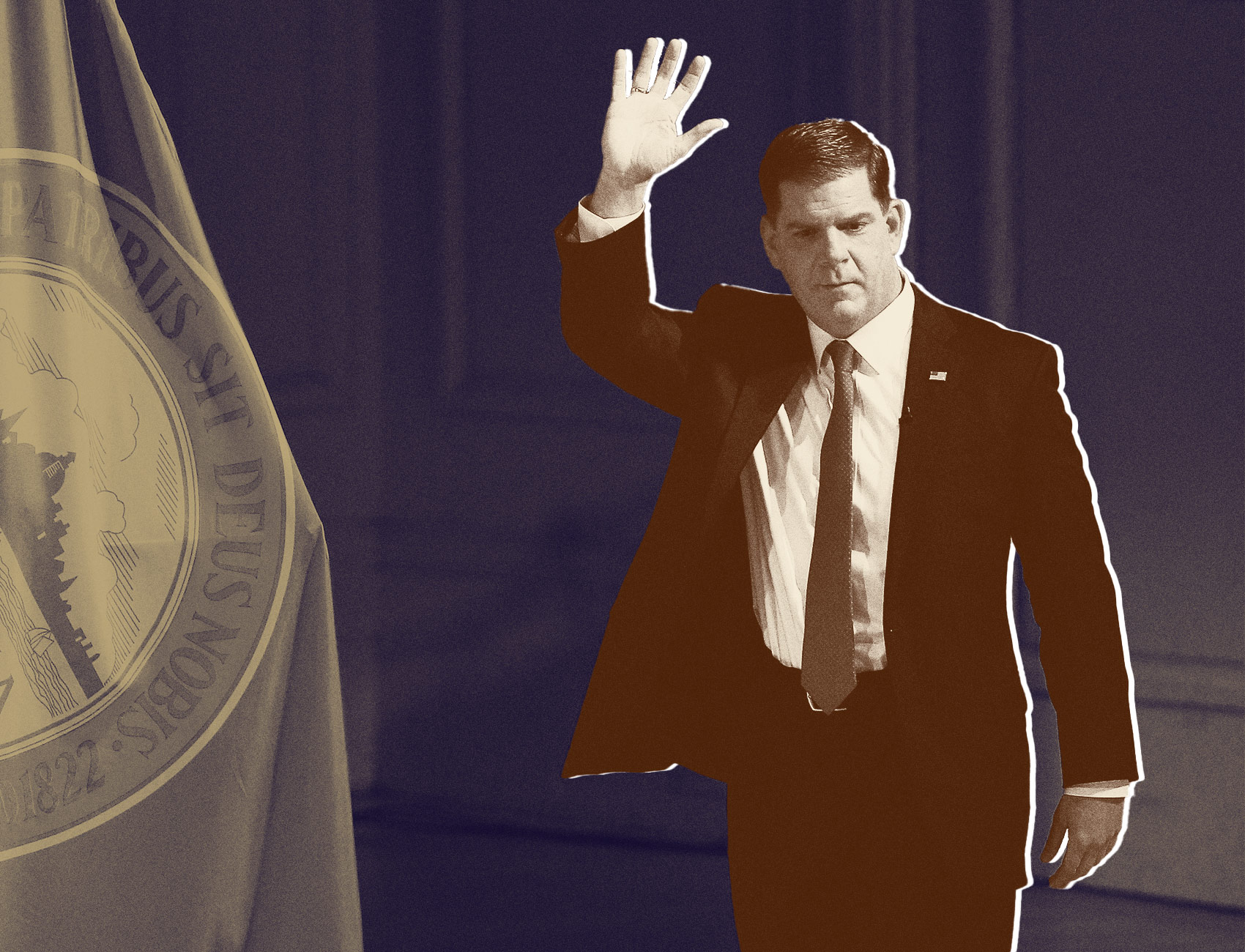
More in Labor
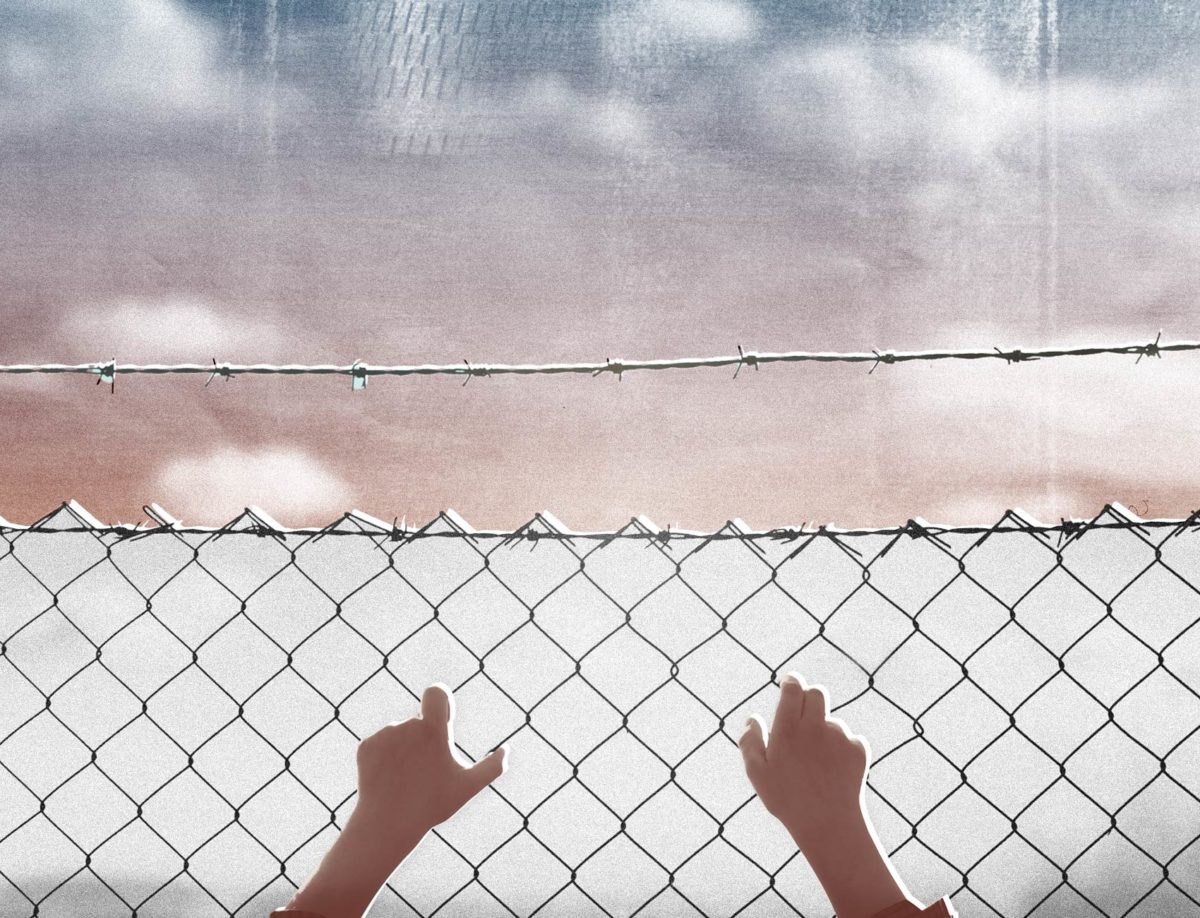
We Can’t Be Free Until We Fully Abolish Slavery
Through a loophole in the 13th Amendment, governments and corporations profit from cheap, incarcerated labor.
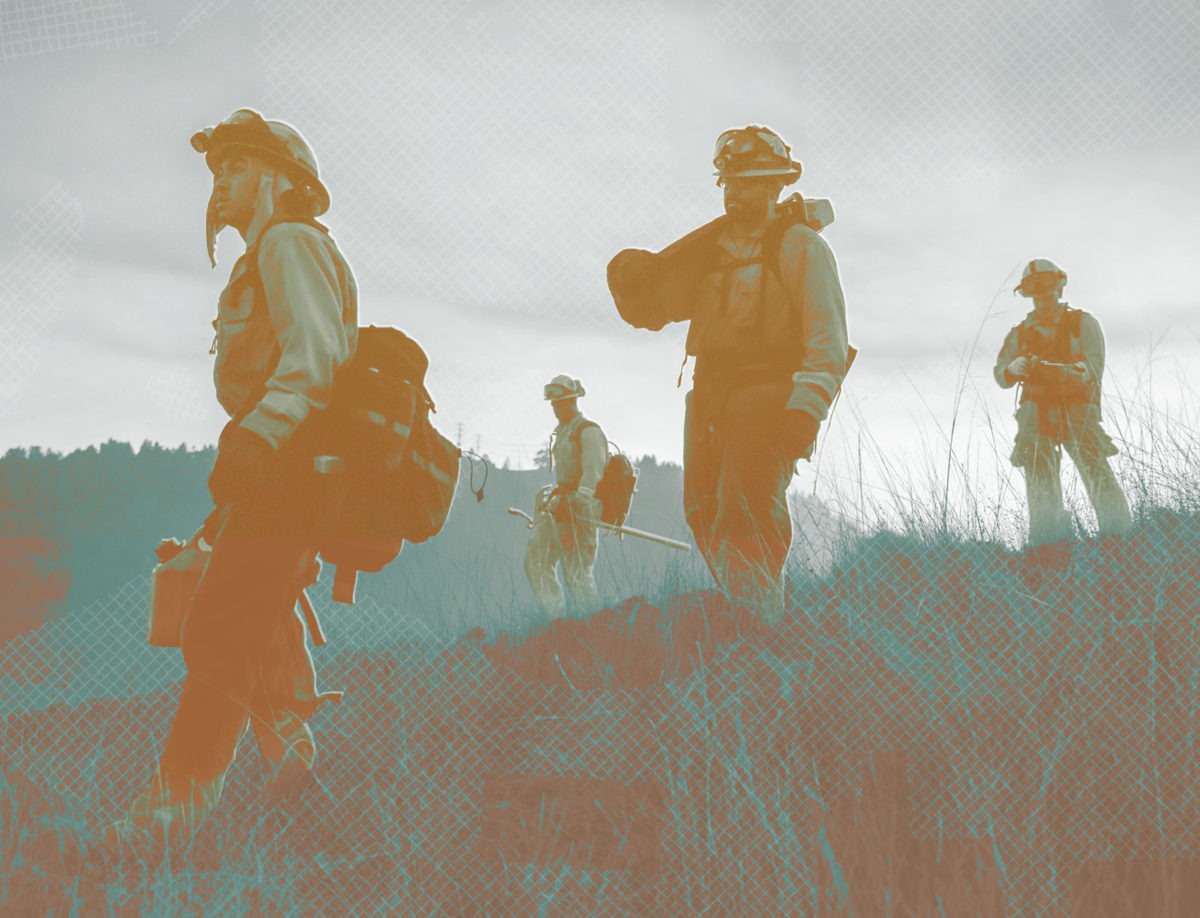
Prison Labor Is on the Frontlines of the COVID-19 Pandemic
States like California, New York, and Arizona have relied on prisoners to continue working, with little pay and in precarious conditions, during the coronavirus pandemic.
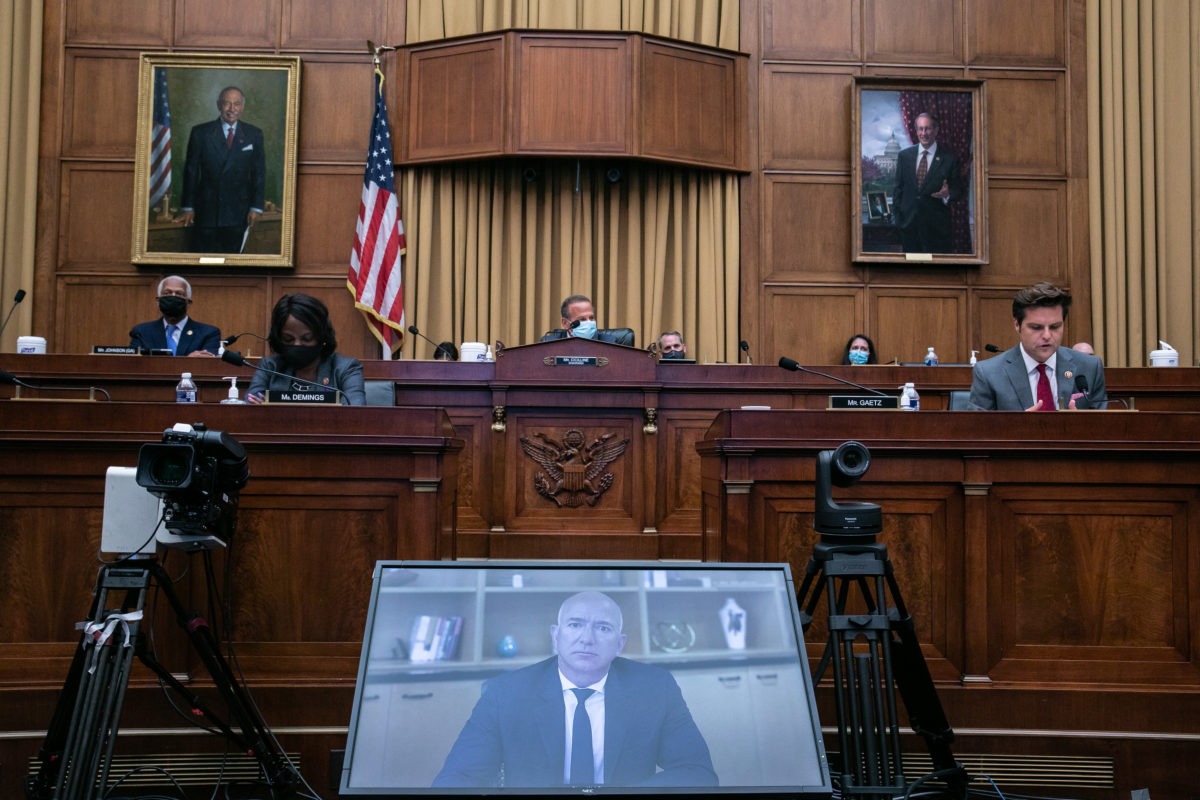
Last Week’s Big Tech Antitrust Hearings Sent An Unmistakable Message: Change Is In The Air For America’s Corporate Giants
The committee signaled an unprecedented desire to break with one of the most durable, and damaging, economic frameworks of the last 50 years: the 1970s-era, hands-off antitrust ideology that helped bestow these titans of tech with such extraordinary power to begin with.
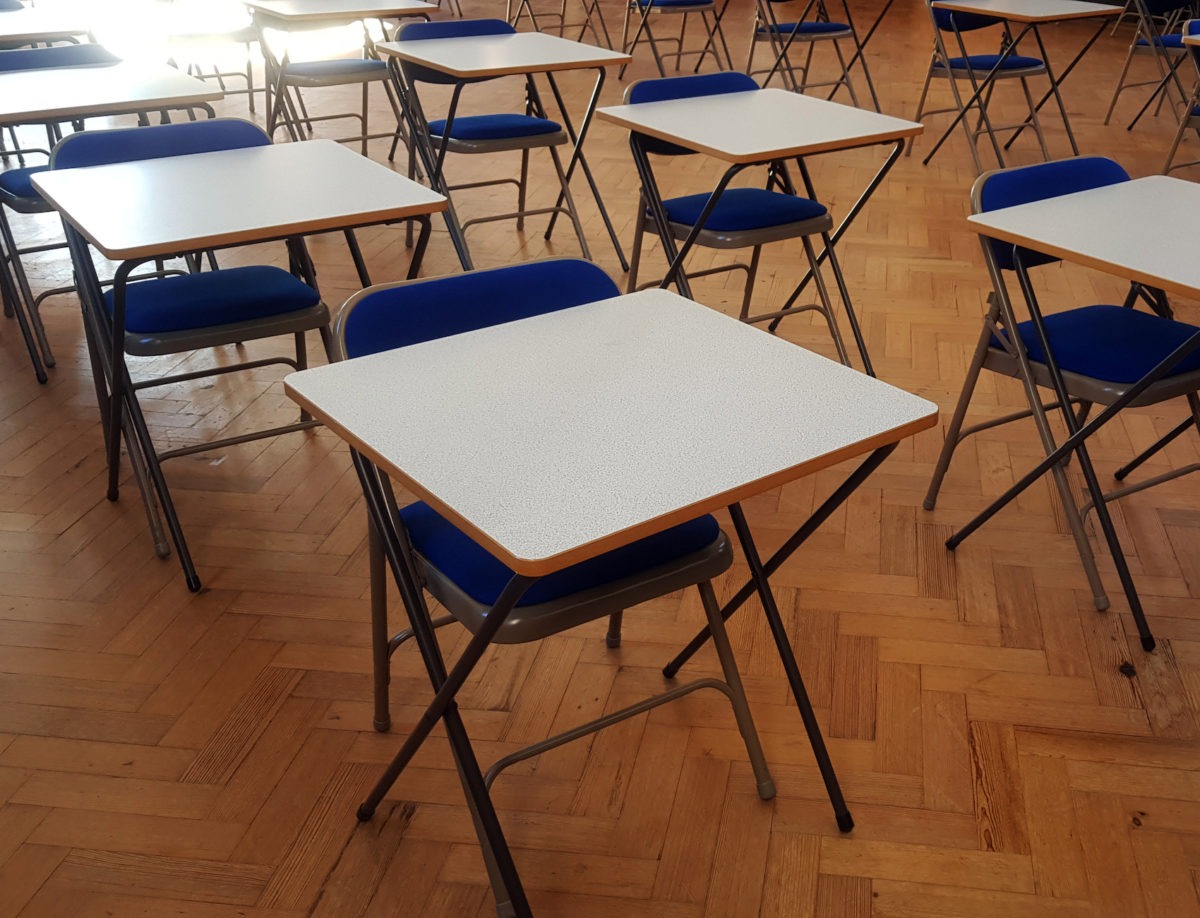
Requiring a Bar Exam in 2020 Perpetuates Systemic Inequities in the Legal System
Prioritizing bar examiners’ gatekeeping function during a pandemic and economic crisis means putting aspiring lawyers at risk and making it harder for nonwhite and low-income people to enter the legal profession.
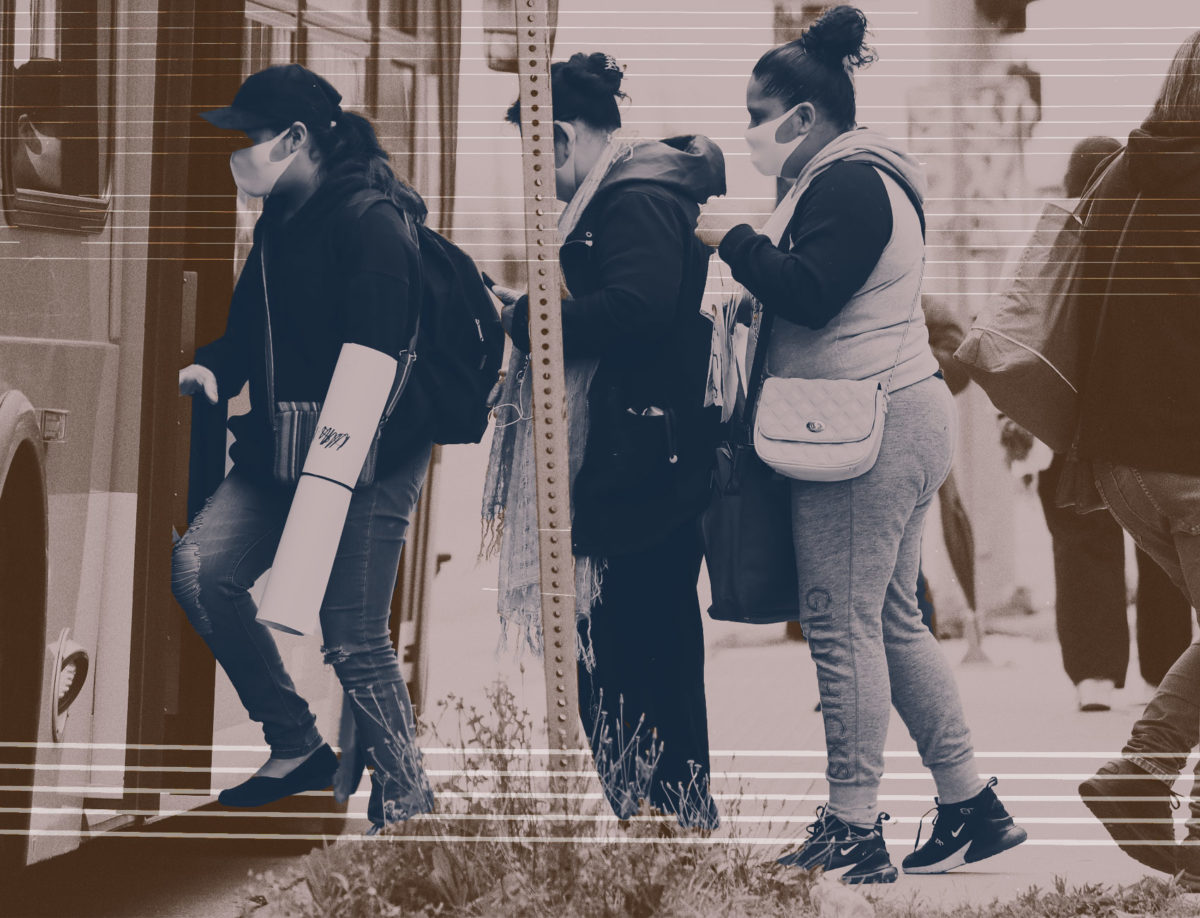
The Pandemic Shows It’s Time for an Alternative to American Capitalism
The nation has an opportunity to take advantage of this transformative event and pursue an alternative to the current system.
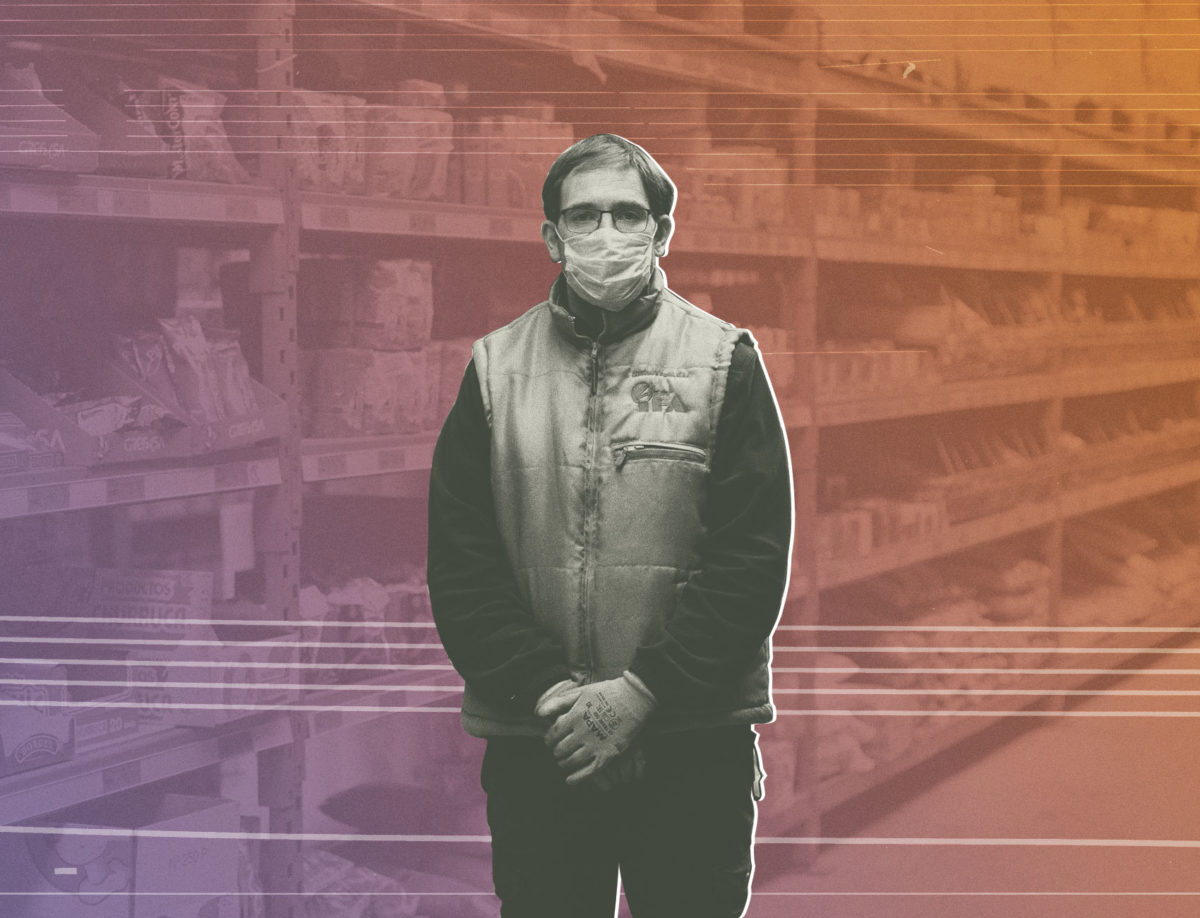
We Need An Essential Workers Bill Of Rights To Make Sure Working People Have The Protections They Need
From grocery store workers to nurses, from home care workers to janitors, from teachers to delivery workers to domestic workers — there is an invisible, undervalued army of people who make our lives possible. Their work is essential, and it always has been.
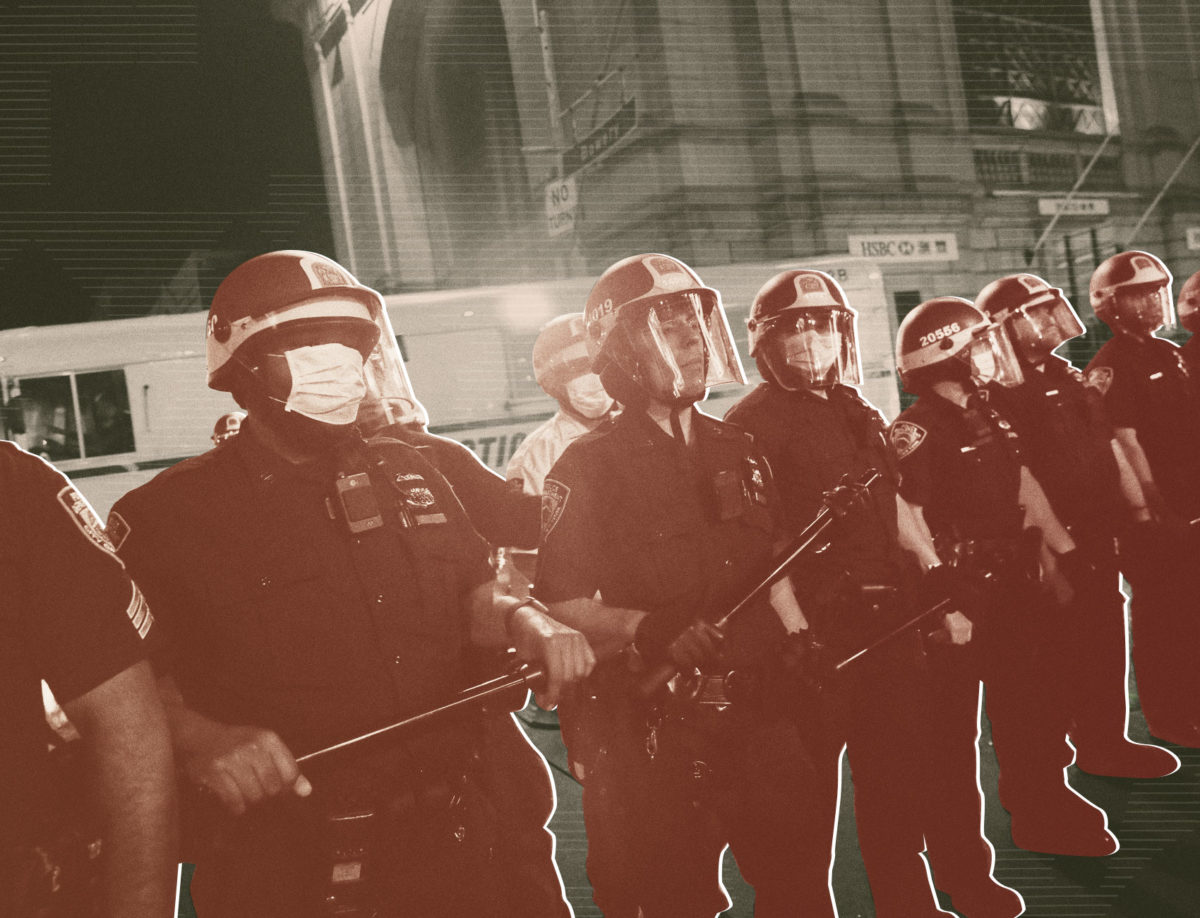
American Democracy Cannot Breathe
Yes, we must radically transform policing in America. But we cannot stop there. We must transform the pervasive systems of economic and carceral injustice that are choking our common life.

For Essential Workers, New York City’s Curfew Meant Fear, Harassment, and Arrest
Essential workers say curfews put them at risk of police violence, even though they were exempt.
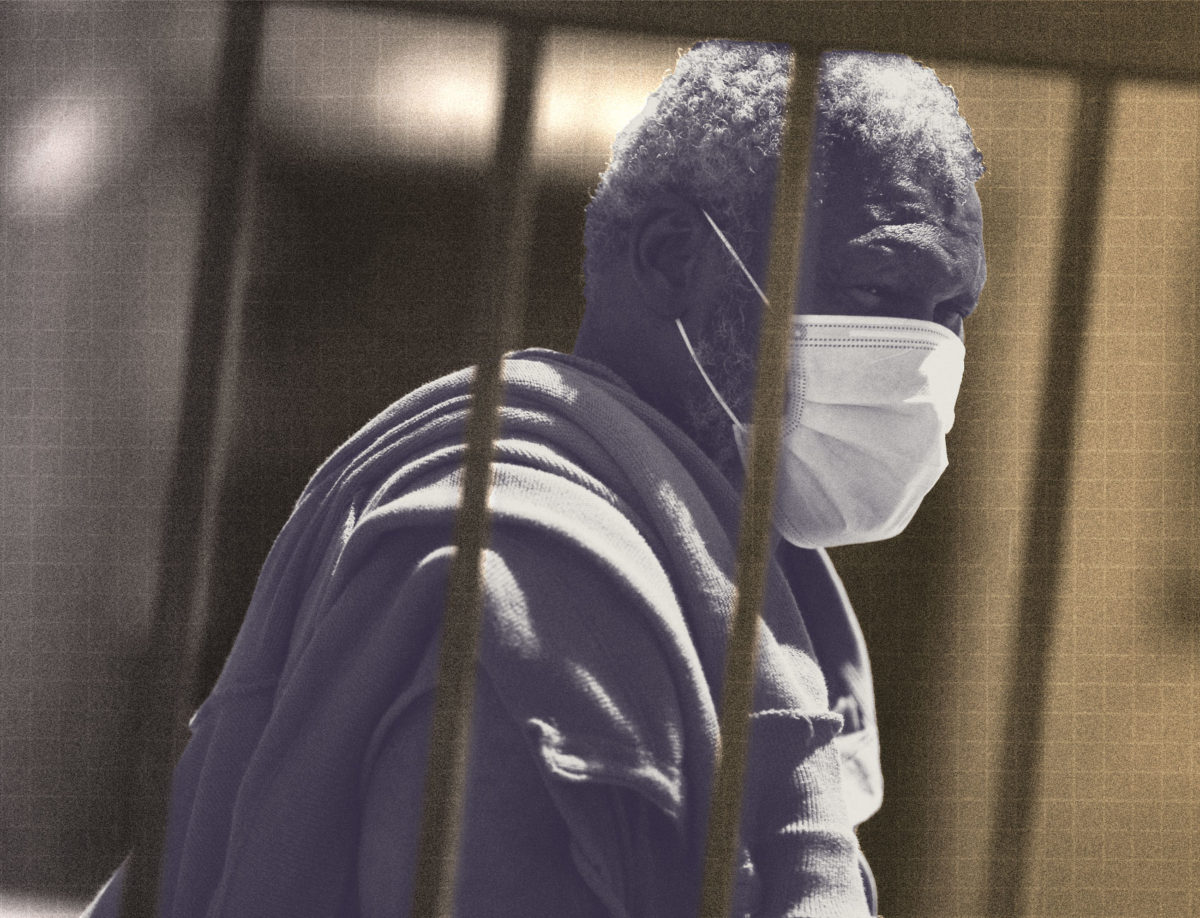
Governors’ Coronavirus Decisions Put People of Color In Harm’s Way
As the country reopens, we can’t quickly forget these failures of government, which have disproportionately harmed Black, Latinx, and Native people.
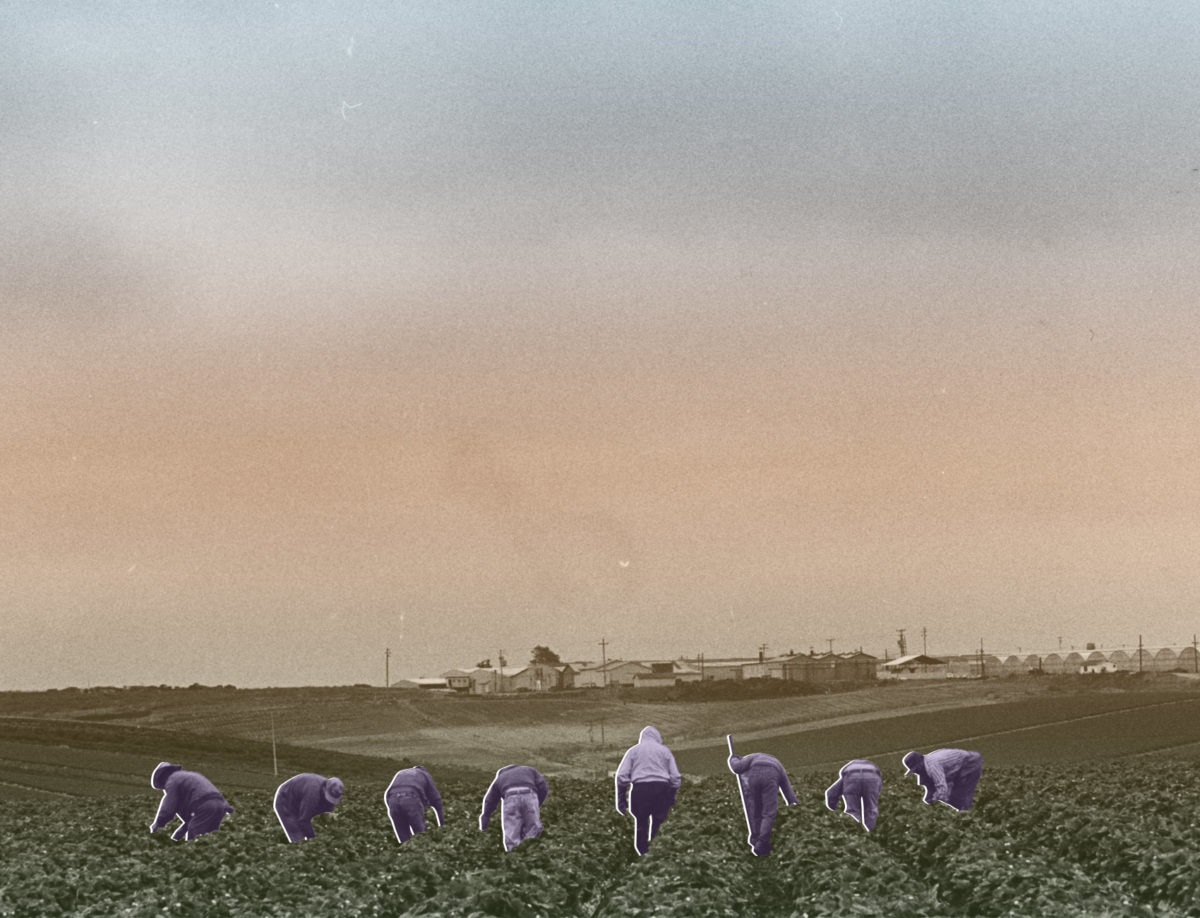
As The Trump Administration Restricts Legal Immigration, It’s Expanding A Class Of Vulnerable Guest Workers
Farmworker and labor advocates say these workers are among the most exploited in the country.
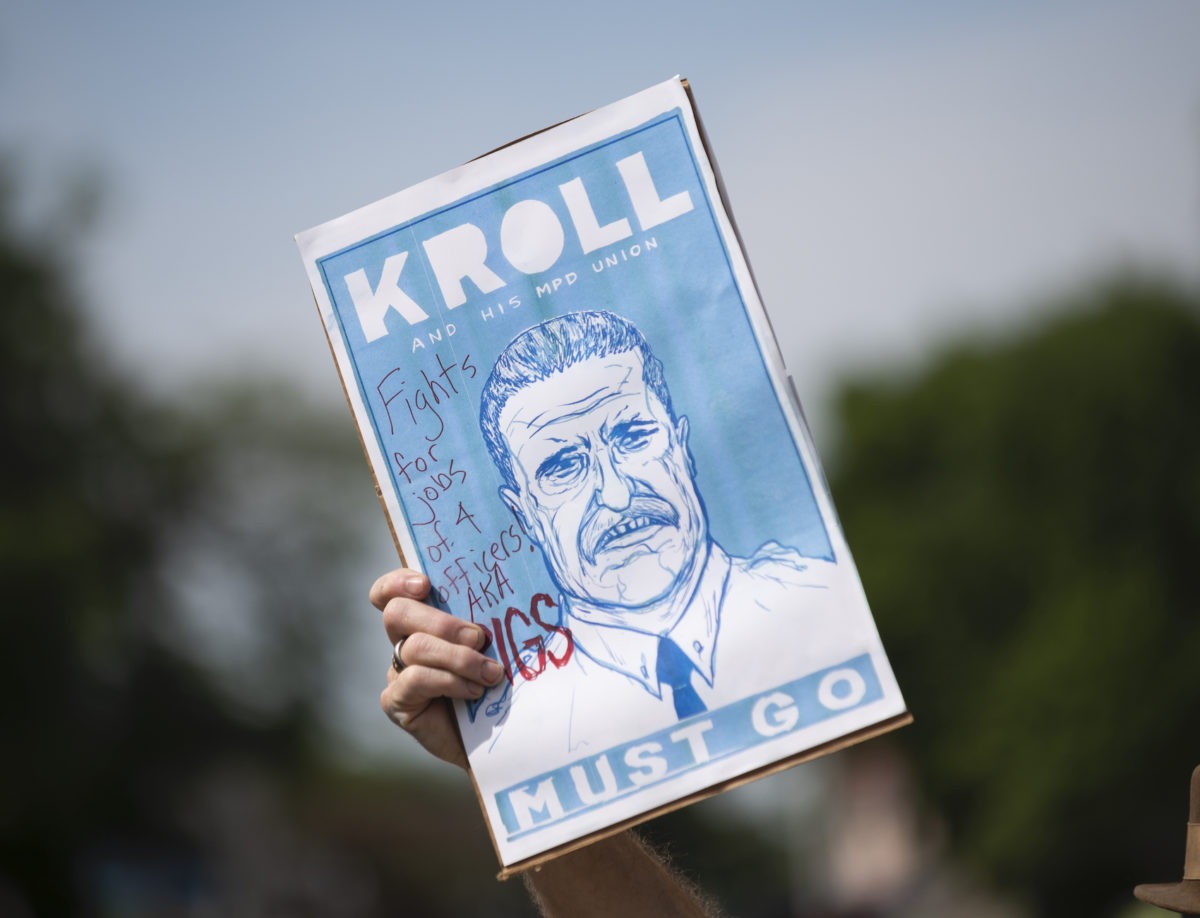
Police Killings Bring Out Tensions Within The Labor Movement
Some unions and labor activists are calling for the AFL-CIO to expel police unions.
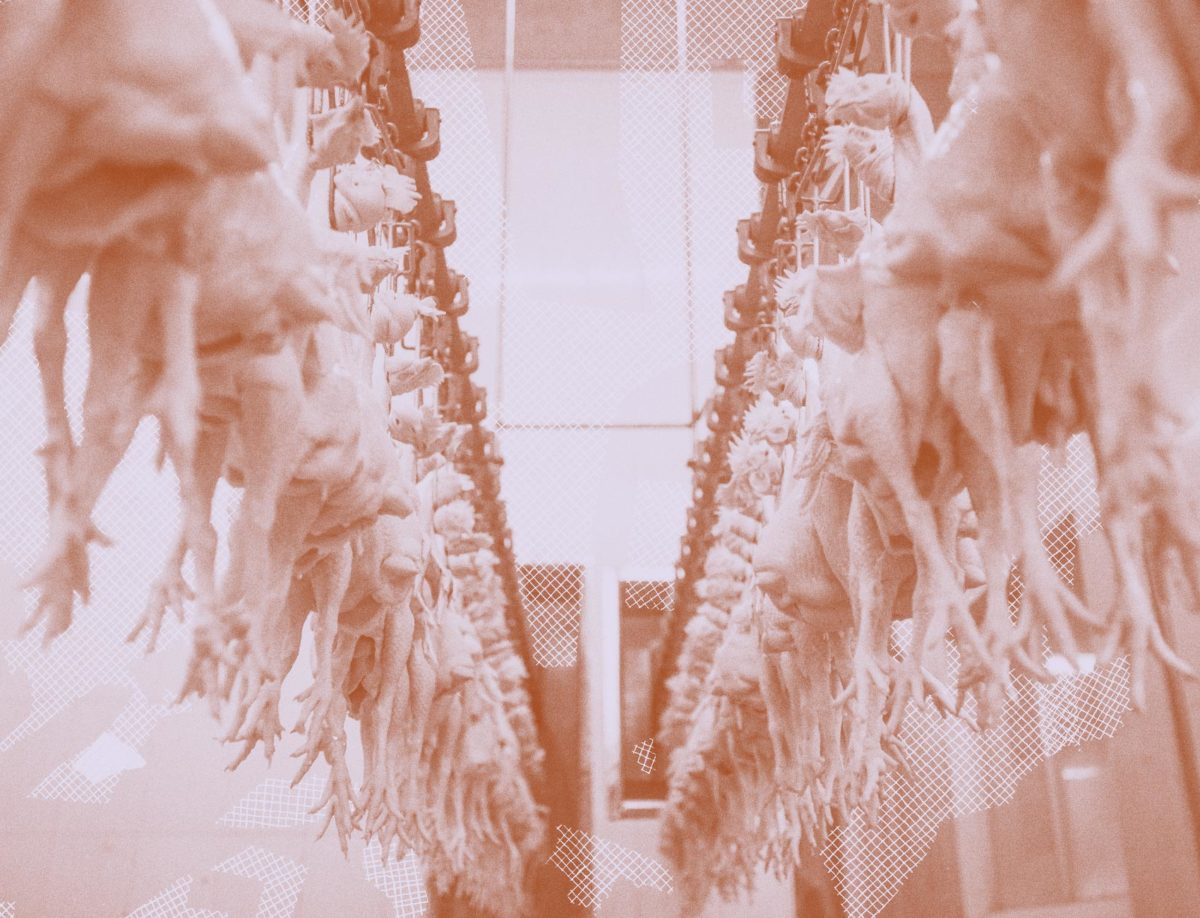
Video Captures Poor Conditions At Louisiana Poultry Plant Where Prisoners Are Sent To Work
Despite COVID-19 concerns, the state’s prisoners are still doing dangerous menial jobs in work-release programs.
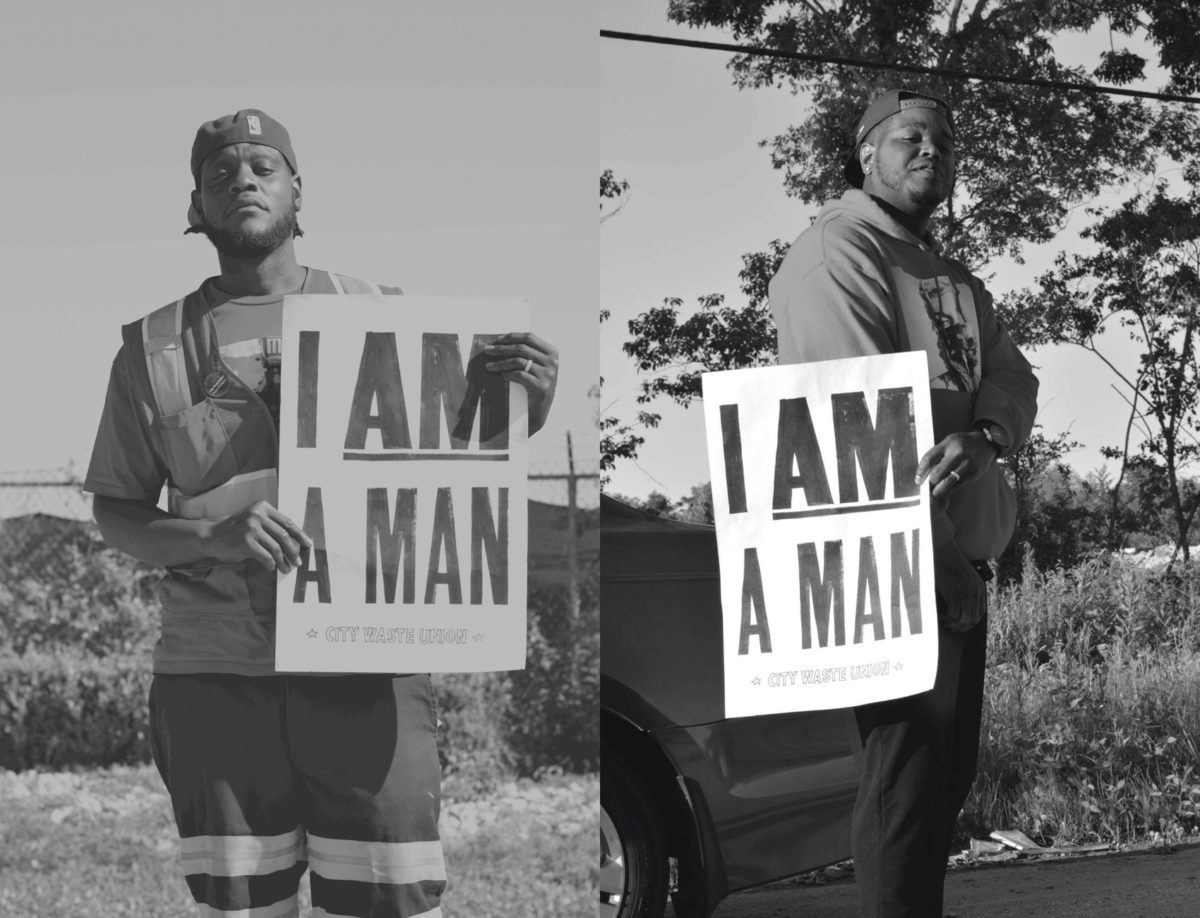
Some Of The Hardest-Working Frontline Employees In New Orleans Are Living Paycheck to Paycheck
Garbage collectors in the city are striking for $15 an hour, hazard pay, and PPE.
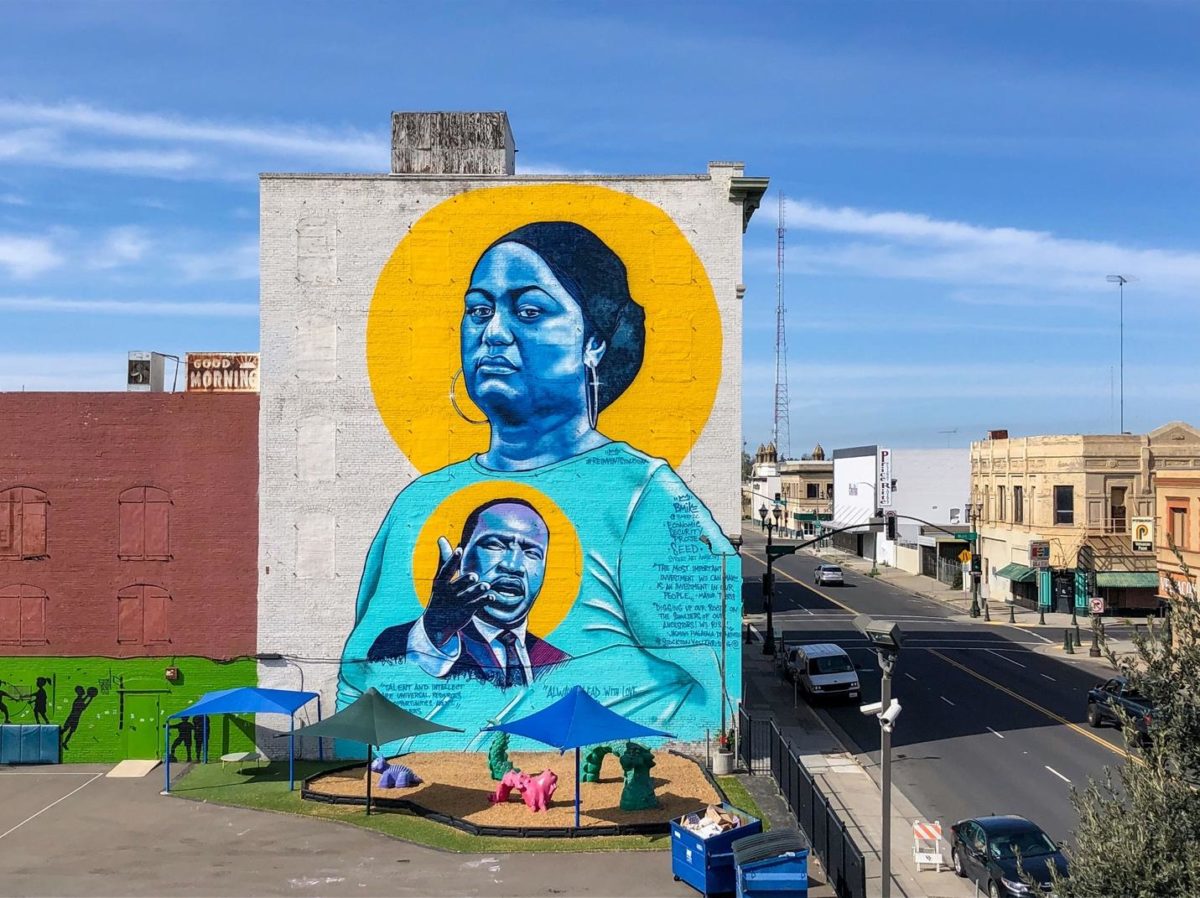
Universal Basic Income Is A Path To A More Just Economy. One California City Is Already Seeing Positive Results.
The pandemic is making it clear that it’s time to radically rethink the social contract.
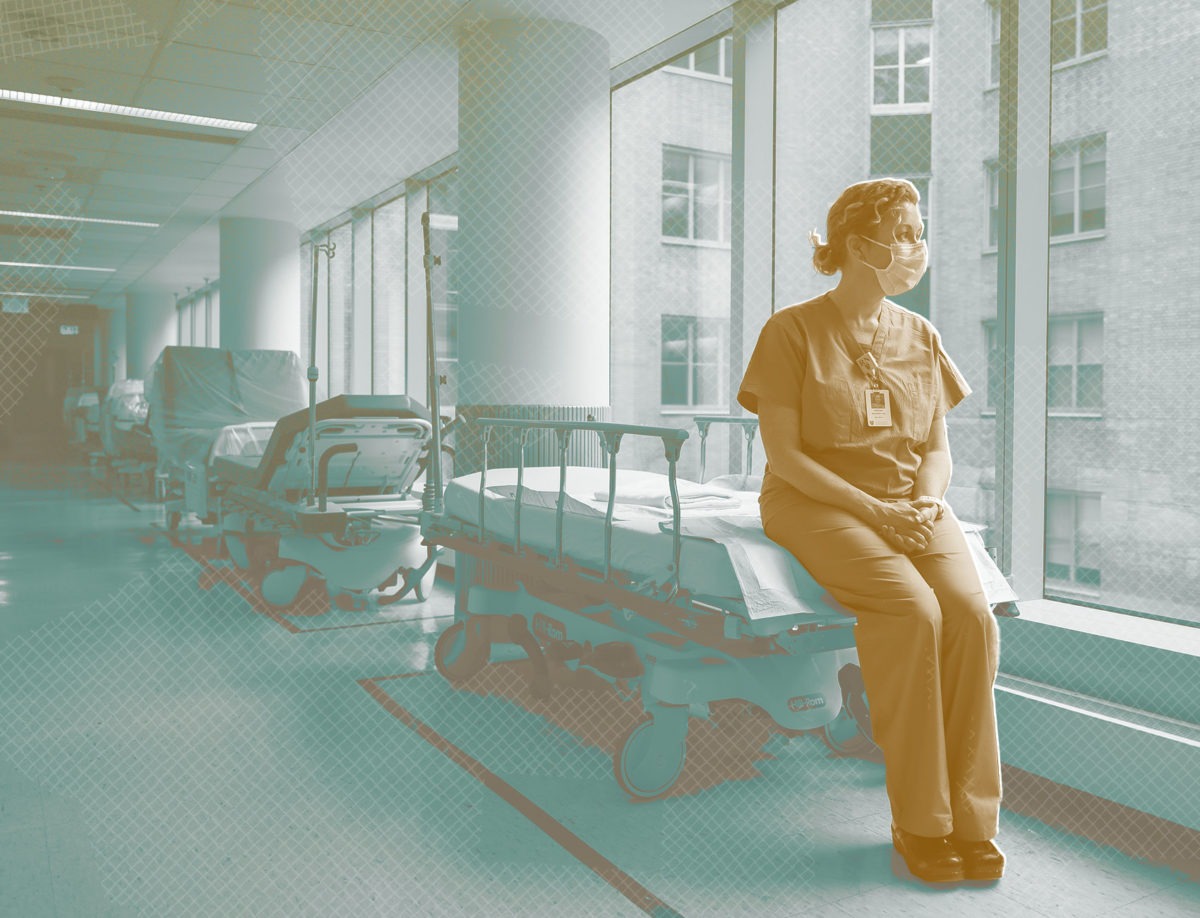
The Case For Universal Healthcare During A Pandemic
An overwhelming majority of Americans support the federal government paying all healthcare costs for the duration of the coronavirus emergency.
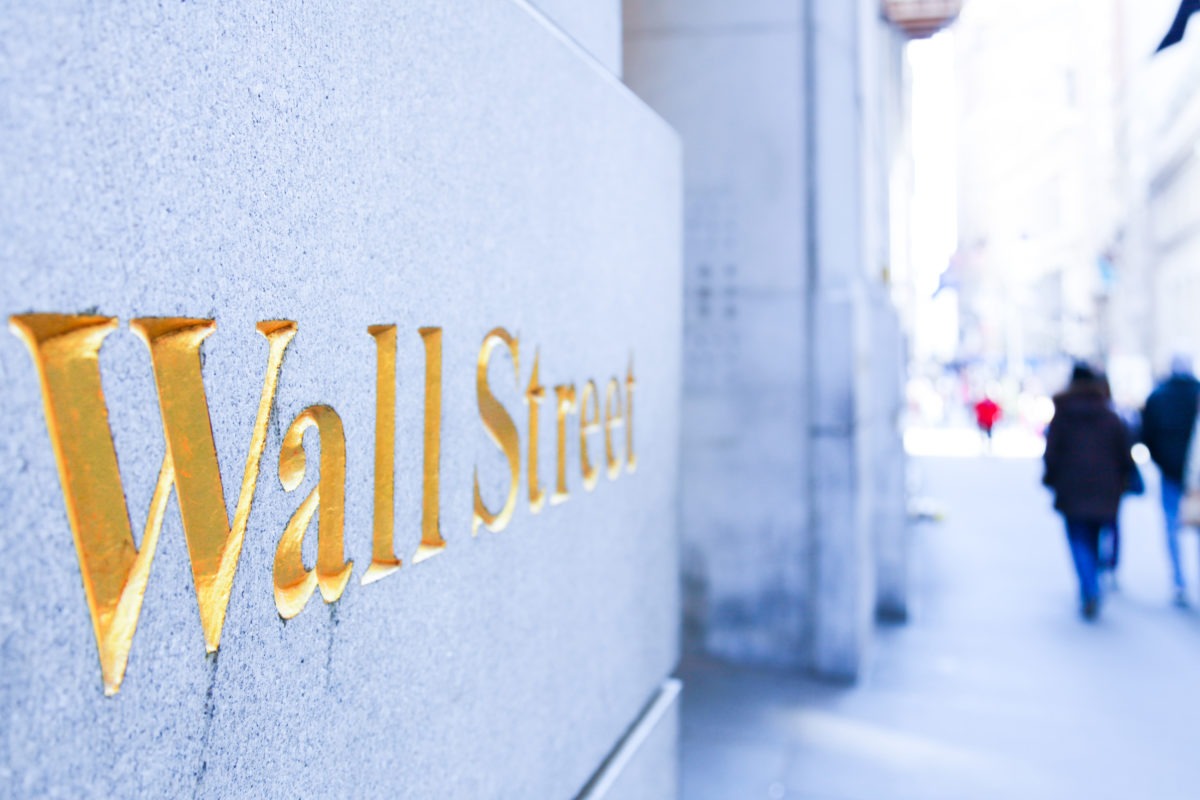
The Case For A Temporary Merger Ban For America’s Largest Companies
Americans overwhelmingly support imposing a merger moratorium on large corporations and private equity firms.
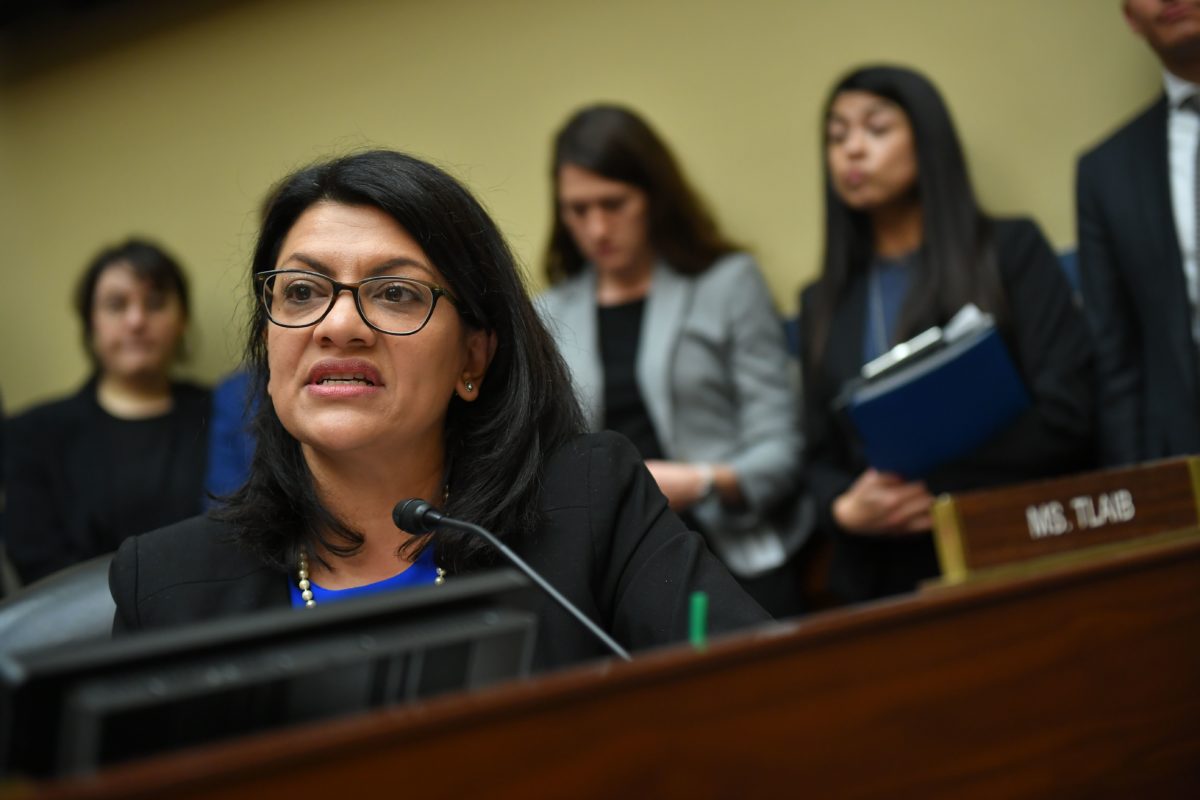
Rep. Rashida Tlaib: The Case For An Emergency Responder Corps
As the coronavirus crisis continues to expand, it is clear that America needs a robust assistance program for the most vulnerable, such as the elderly and physically disabled, to ensure they have what they need to survive. The health, safety, and stability of all communities depend on it.
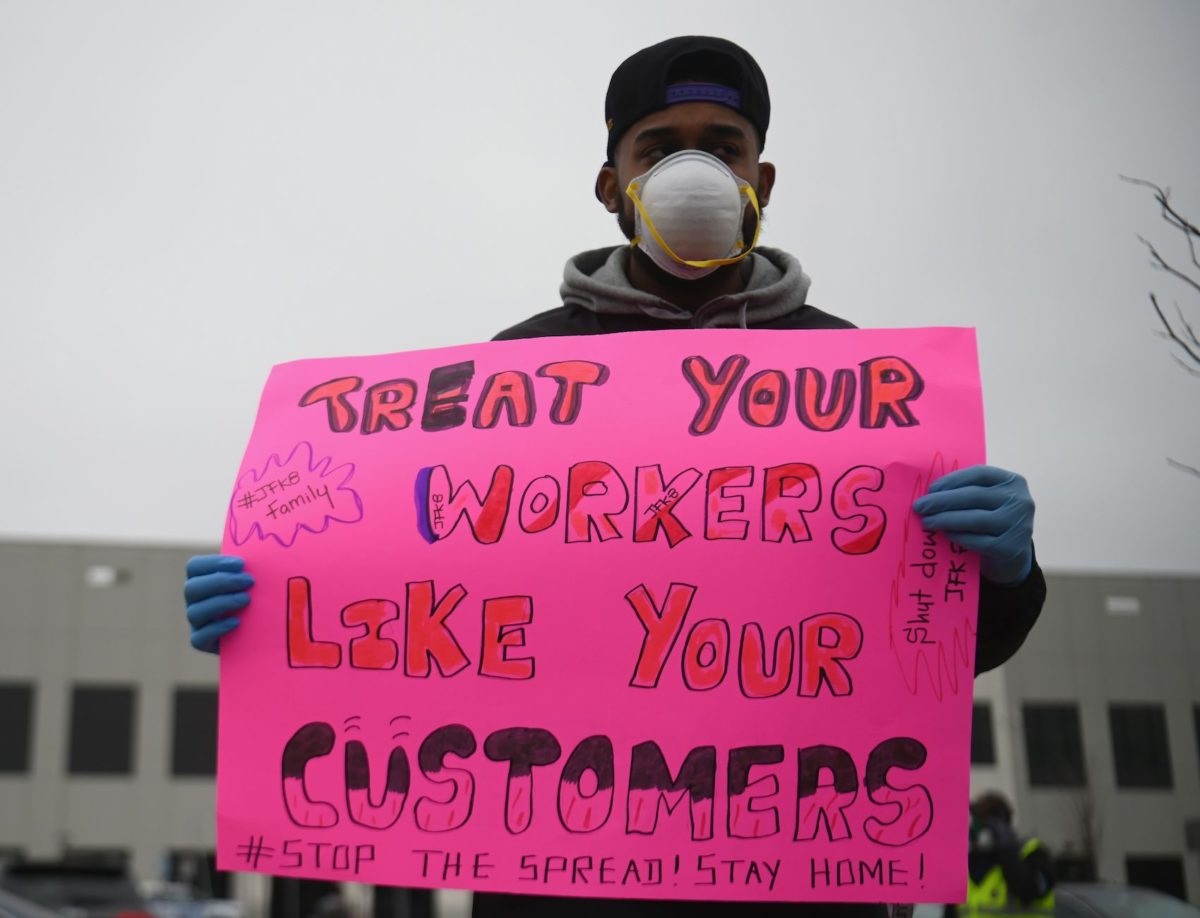
Amazon Isn’t Doing Enough To Protect Its Workers From Coronavirus, Report Says
Warehouse workers say time pressure leaves them unable to properly wash their hands, and have reported an increase in mandatory overtime, which creates crowded conditions.
